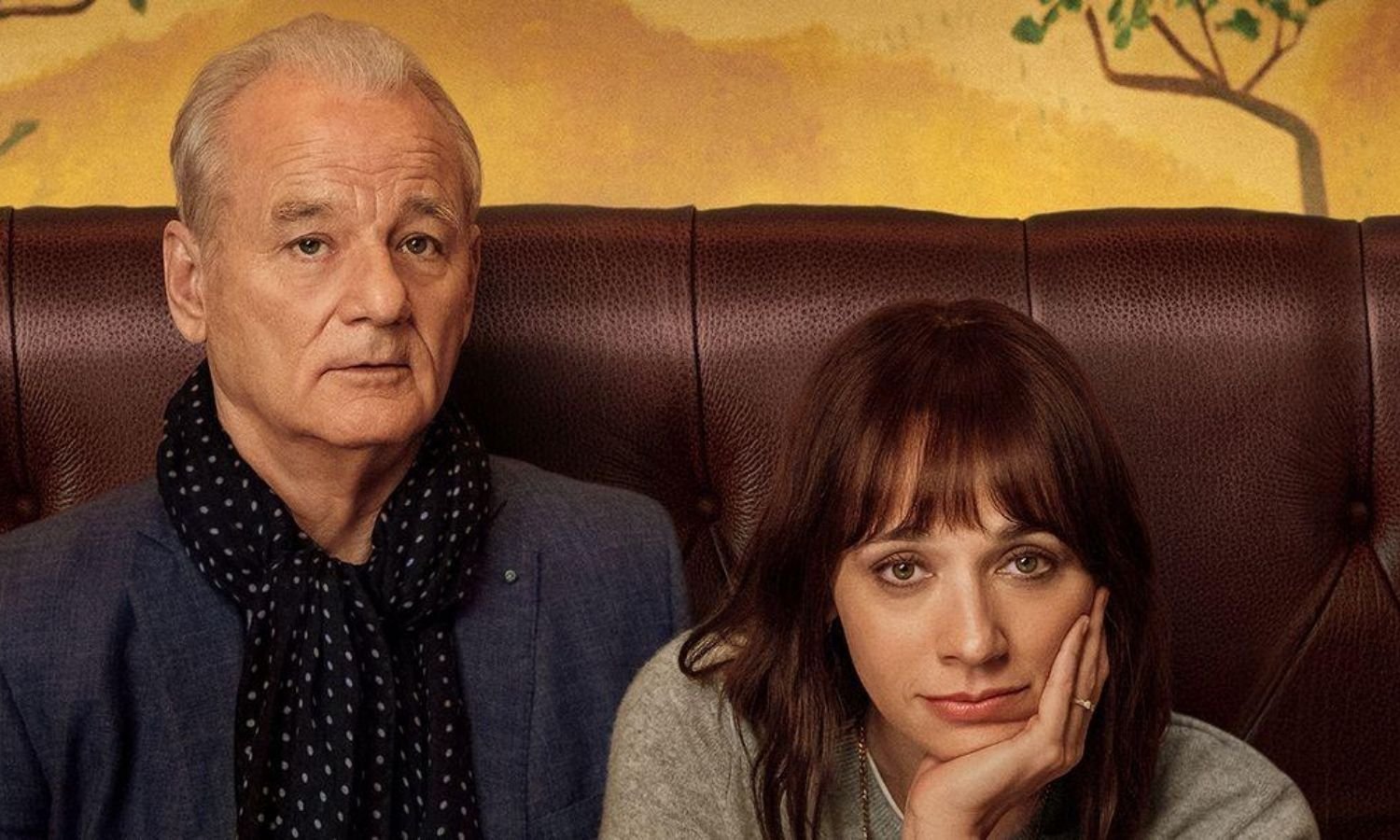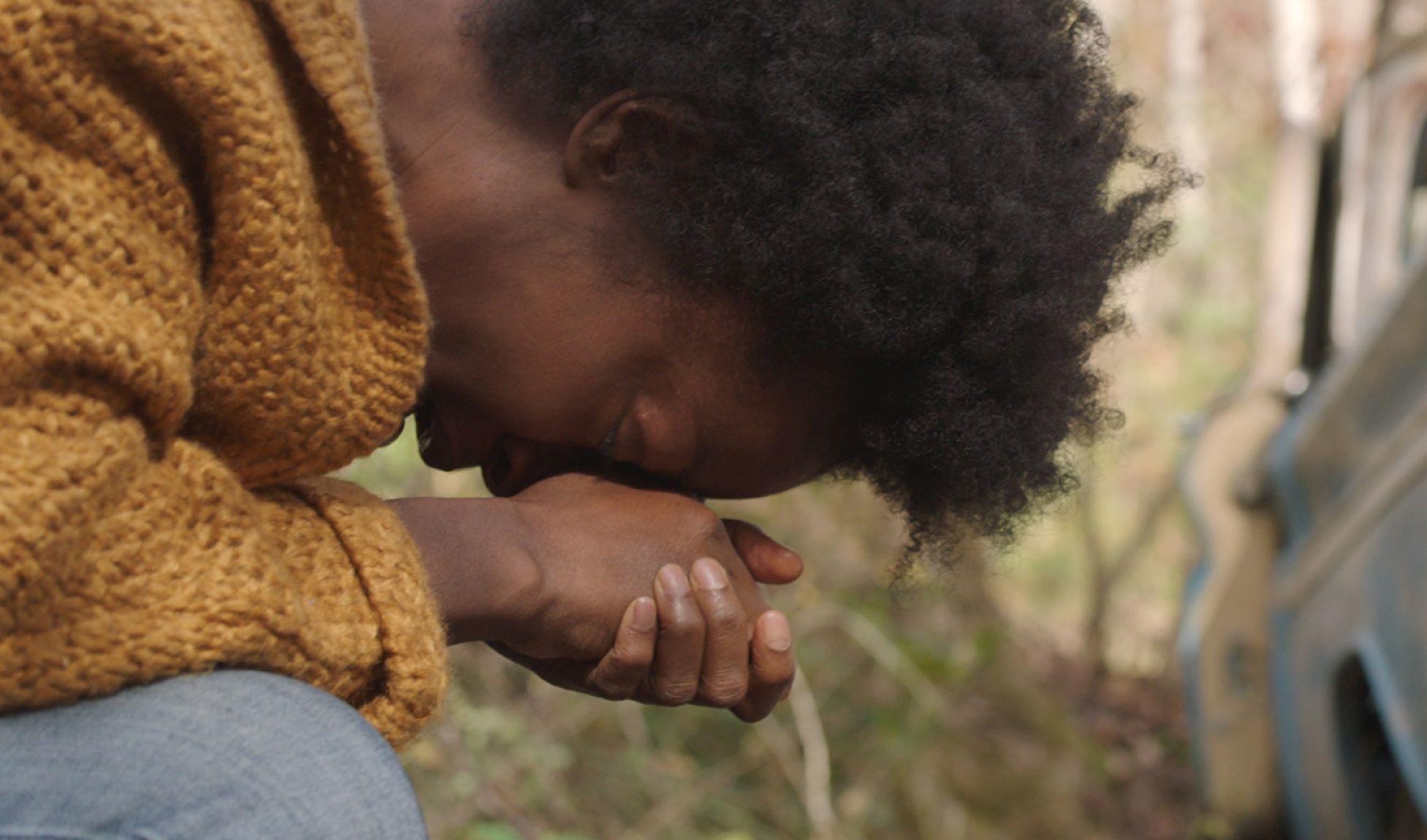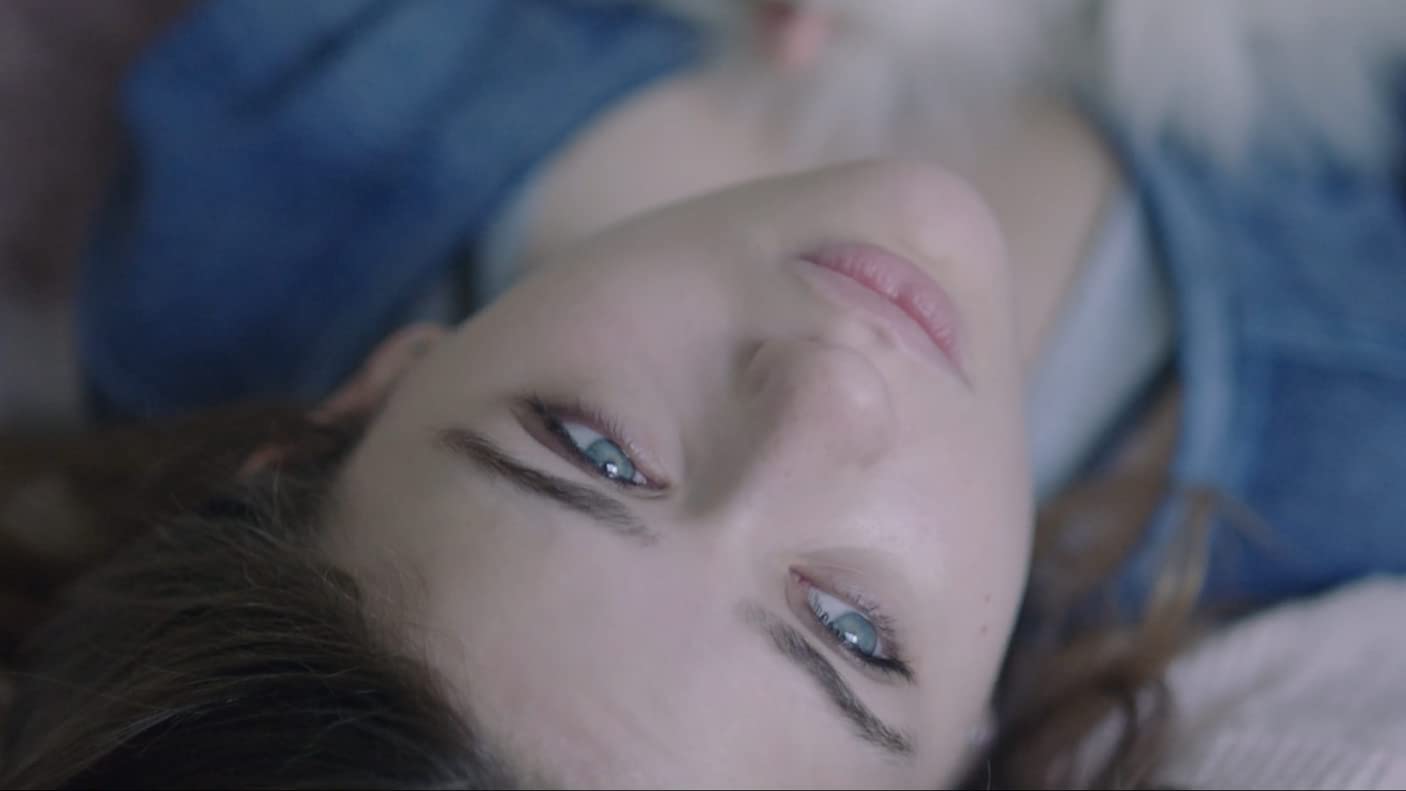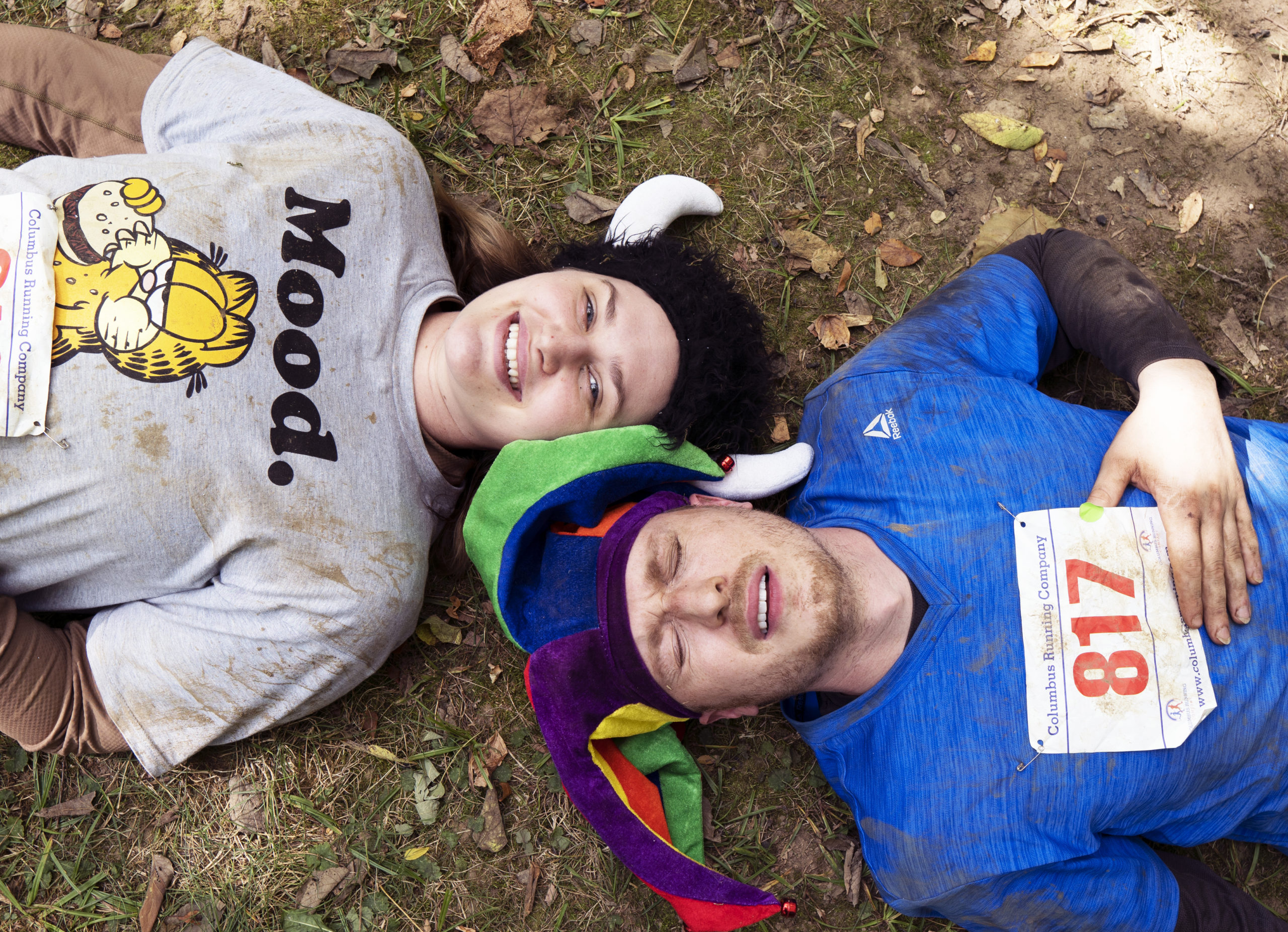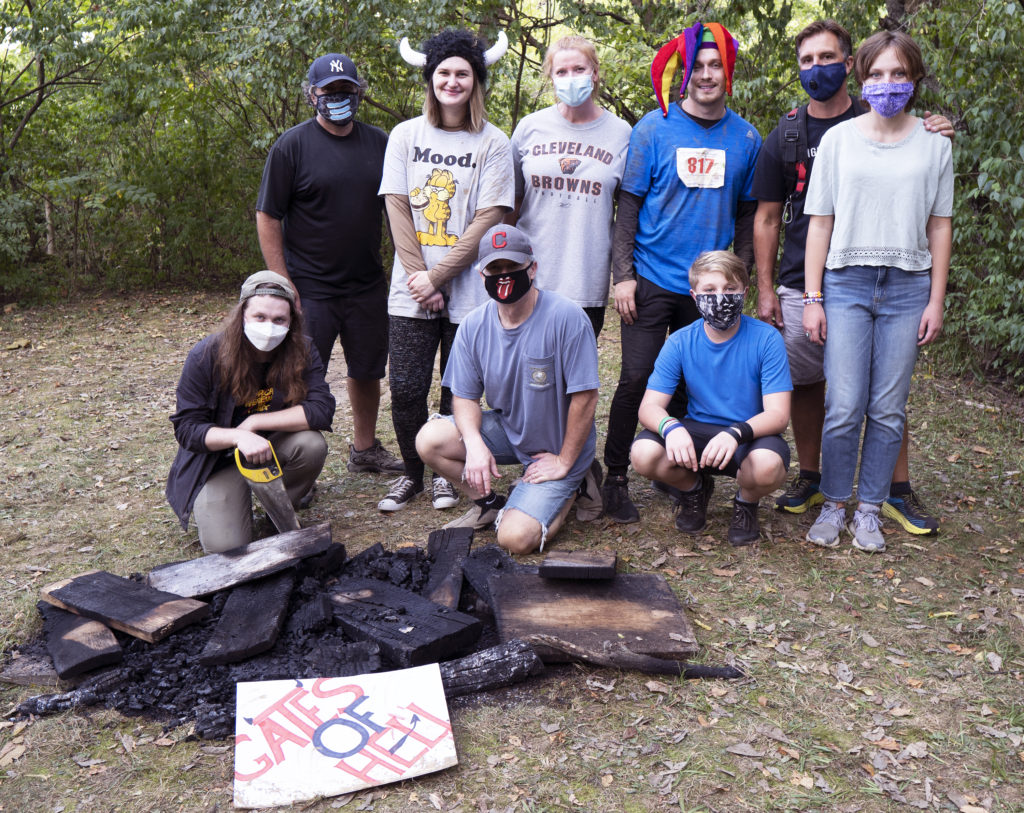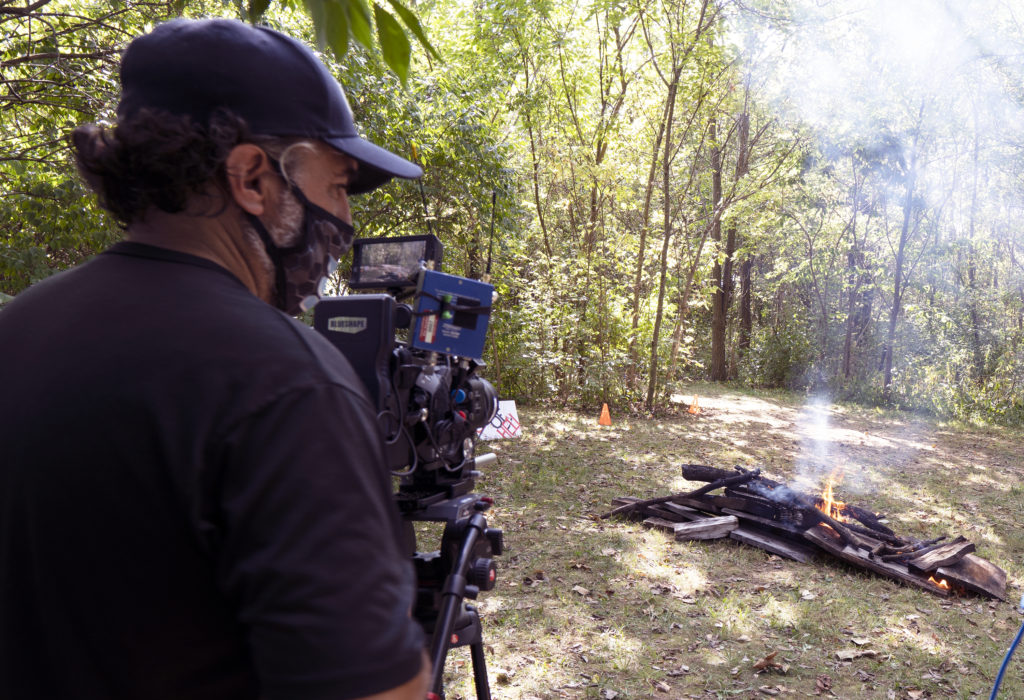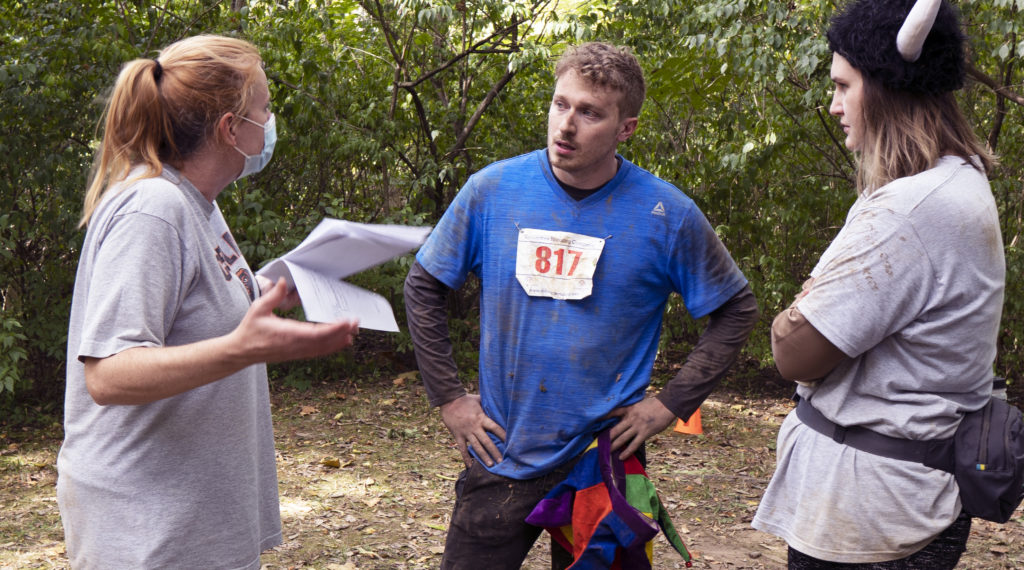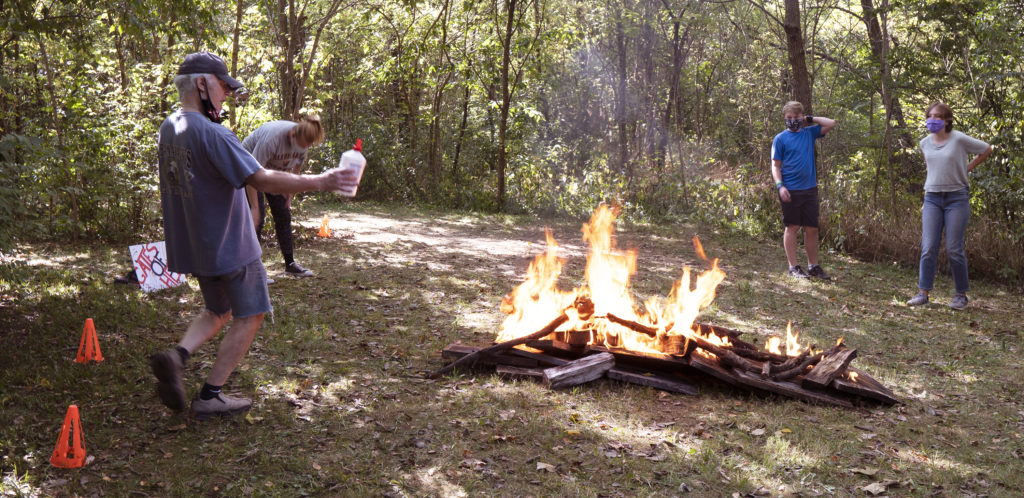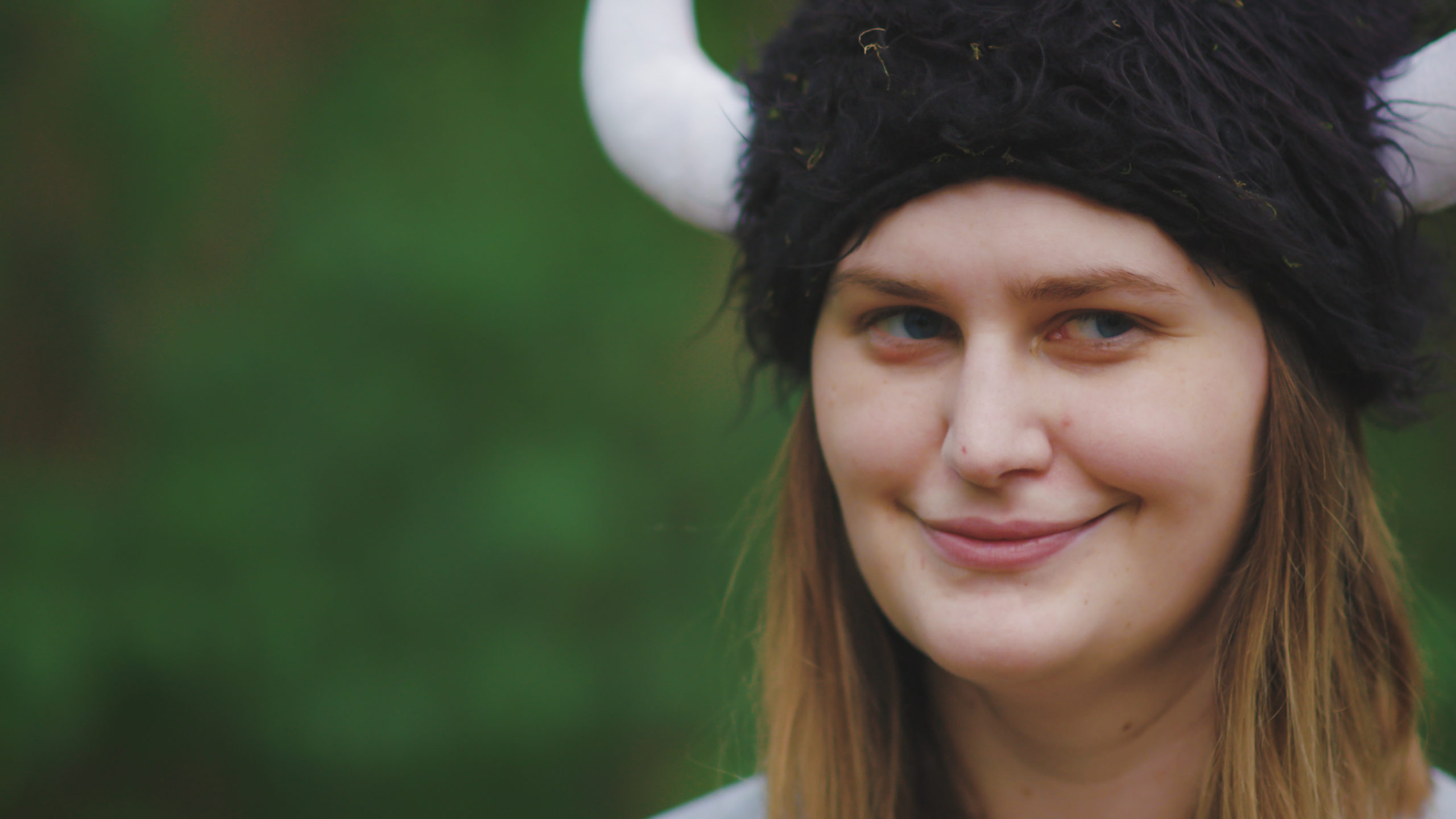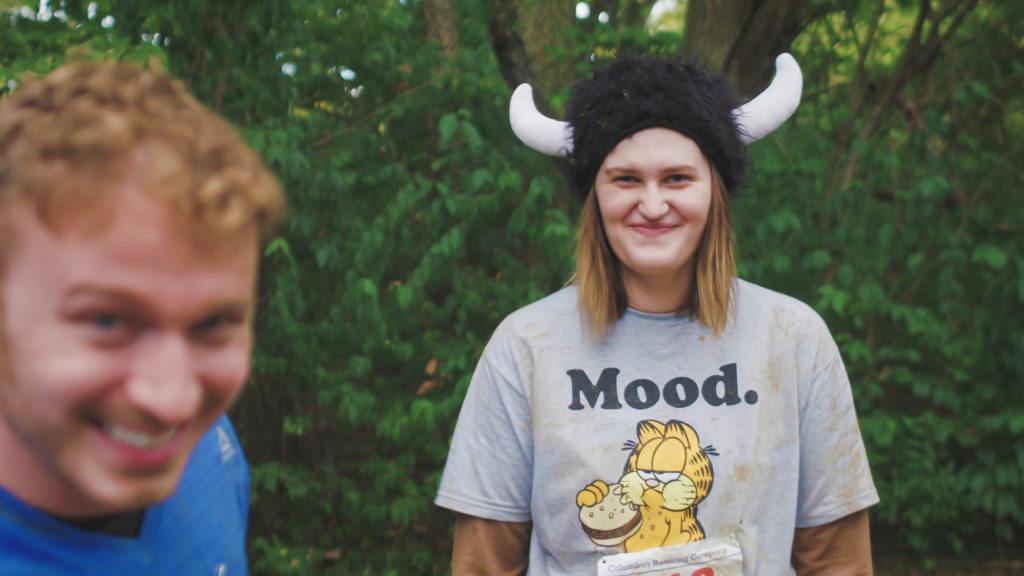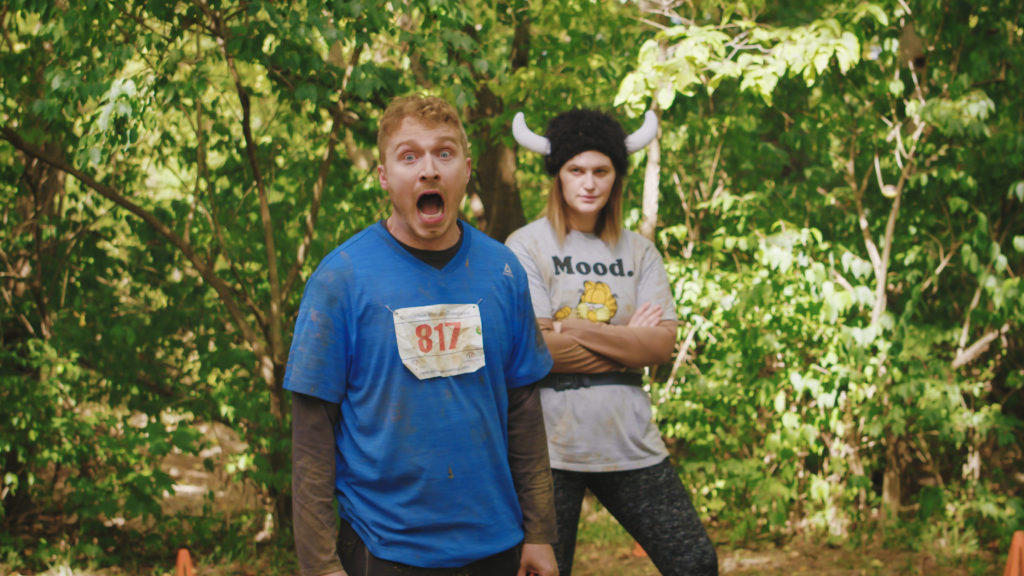by Hope Madden
It’s almost time once again for Nightmares Film Festival, which will be hosted virtually this year as NFF: Masquerade. This fest all but guarantees that you’ll find a new favorite film. Last year, for us, that was The Devil to Pay (originally called Reckoning).
“We were honestly shocked and surprised by how the horror
community embraced this film because, to me, this is a straight family drama,”
says co-writer/co-director Ruckus Skye. “It did really well in genre festivals
but I was surprised by it. We wanted a Southern Gothic tall tale kind of a
thing.”
Ruckus and Lane Skye’s thriller makes its debut on VOD
today, and they were kind enough to answer a handful of questions about working
together, Southern women, and their film’s glorious lead, Danielle Deadwyler.
“The film wouldn’t exist if she didn’t exist because we
wrote it for her,” says Ruckus. “We met Danielle a few years earlier through
the Atlanta arts community and the three of us wanted to work together, but the
right project never came out. Finally, Lane and I said, ‘Why don’t we write
something for her?’ We knew we wanted to make a Southern Gothic thriller, and
this was the story we came up with. We wrote it and handed it to her and
crossed our fingers that she’d like it.”
“She liked it so much that she came on as a producer to help
get it made,” Lane says.
Deadwyler plays Lemon, an Appalachian farmer who struggles
once her husband goes missing. He may or may not have run afoul of the most
powerful person on the mountain, Ms. Tommy Runion, played with unerring
superiority and Southern charm by Catherine Dyer.
“Officially, the community values how long you’ve been on
the mountain more than anything else as far as status goes,” Lane explains. “But
especially being in the South, any time you see a black family surrounded by
white people who are persecuting them, you cannot help but draw your own
conclusions about what is happening.”
For a film that pits matriarch against matriarch, the Skyes
had a couple of influences.
“My family became matriarchal after my grandfather died,”
Lane recalls. “All my aunts and uncles live in the same place, and once my grandmother
became the oldest in the family, she got to make the family decisions. So that
idea that whoever’s the oldest member, whether they’re male or female, is the
one in charge worked really well here.”
“Also, I like to think about praying mantises and how the
women are way stronger and more fierce than the men,” Ruckus adds. “I think
Southern women are especially fierce.”
They say The Devil to Pay took them only 12 days to
write and a total of three months to make.
“We were just insanely motivated. We were excited about the
idea and we had a window, if we could get it together fast enough,” Ruckus
says. “That is absolutely the fastest we’ve ever written anything.”
“There are definitely a lot of themes and ideas in the film that
we love and that we’ve been stewing on for a long time,” Lane says. “A lot of
this world has been in our brains for a while.”
The pair, who co-wrote 2020’s drive-in hit Becky and are working
on a coming-of-age film for Becky star Lulu Wilson called Hearts on the Run, have an intricate system for working together.
“We come up with the idea together or we shape it together
and then we’ll break the story in a room together,” says Lane. “But when we get
to the actual writing part, we don’t ever write in the same room because we’d
probably kill each other. We have this really elaborate dropbox structure and
we go back and forth.”
“We break it down by every single scene in the movie,” Ruckus says. “That way she can be writing one scene and I can be writing another. It took us a while to get to that, but we just rewrite each other until we both think it’s done.”
And when directing together?
“On set directing, the golden rule is we don’t move on from
a set up or a scene until we’re both happy,” says Ruckus. “Because we’ve
written and developed it, by the time we’re on set we’re working from the same
vision. So, a lot of arguments when we’re writing, not near as many when we’re
actually shooting because we kind of know where we’re going with that.”
The pair say they began writing comedies, which brought no
success at all. Once they realized that all their favorite films were
thrillers, they changed course.
“We make films that we want to watch, so it’s just us
satisfying our own tastes,” Lane says.
“We are more concerned with the grounded reality of
characters rather than cool ways to kill someone,” Ruckus admits. “We say that
we write heartwarming movies where people are murdered.”
The Devil to Pay is available today on all major VOD platforms.

